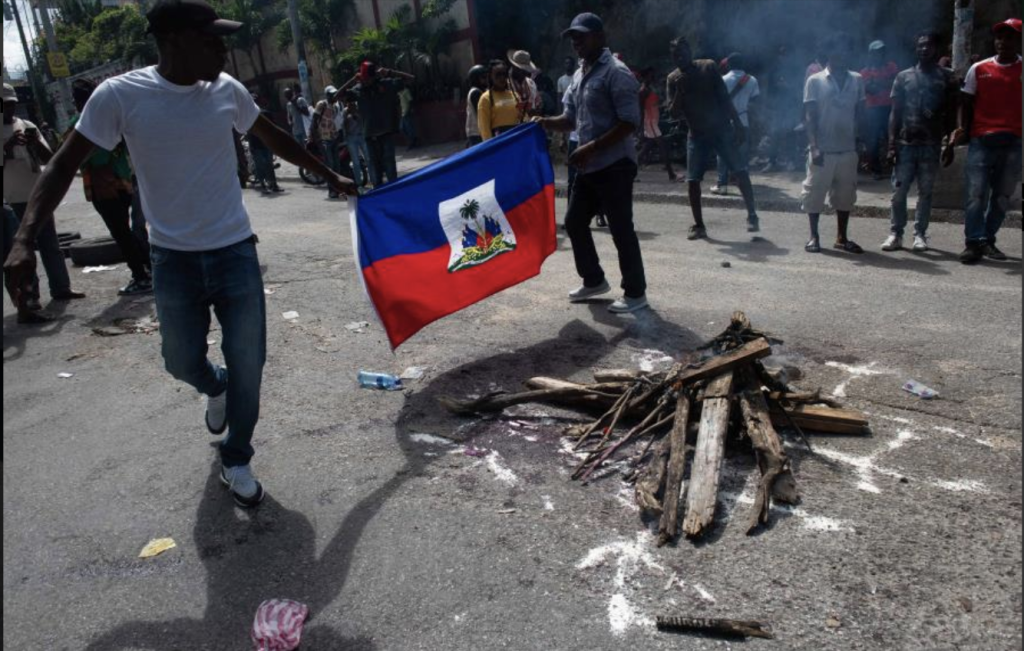
Kenya is an African country with social unrest problems. Recently, schools and businesses were reported to have had to shut down in major cities as opposition groups unfolded protests. At the same time, private sector, churches, civic groups urged the opposition to call off protests for the high cost of living and new taxes.
Now its foreign minister, Alfred Mutua comes forward saying Kenya can send a contingent of troops to Haiti. Mutua said the planned deployment from Kenya is still subject to getting a UN Security Council mandate and Kenyan authorizations. China and Russia, that have objected military interventions in the past, still have to clear the sending of the Kenyan troops to Haiti.
The UN has been pleading the international community, hoping a country would step up willing to lead a mission to help the Haitian police combat criminal gangs. Kenya is looking to be that country.
“At the request of Friends of Haiti Group of Nations, Kenya has accepted to positively consider leading a Multi-National Force to Haiti,” Foreign Minister Alfred Mutua said in a statement.
“Kenya’s commitment is to deploy a contingent of 1,000 police officers to help train and assist Haitian police restore normalcy in the country and protect strategic installations.”
Mutua said the planned deployment from Kenya is still subject to getting a UN Security Council mandate and Kenyan authorizations. The Kenyan troops would lead a would-be multinational force into Haiti.
“An Assessment Mission by a Task Team of the Kenya Police is scheduled within the next few weeks,” he said.
The offer comes at a time when the situation in Haiti seemed it couldn’t get worse, and then continues to get worse. More than 80% of the Haitian capital city is under gang control, experiencing surges in violence between the police and the gangs that control most of the capital city and the roads to other towns. Hundreds of thousands of people have been displaced from the Haitian capital.
The collapse of social services in Haiti has had a major impact on the Dominican Republic that receives most of the displaced migration and finds itself having to cover education and medical expenses for the Haitians that cross the almost inexistent border. On market days, all Haitians who care to enter are free to do so. No one checks who returns to Haiti after shopping in the border markets.
Read more:
Haiti Libre
DW
Voice of America
Reuters
Thenewhumanitarian
Diario Libre
31 July 2023

